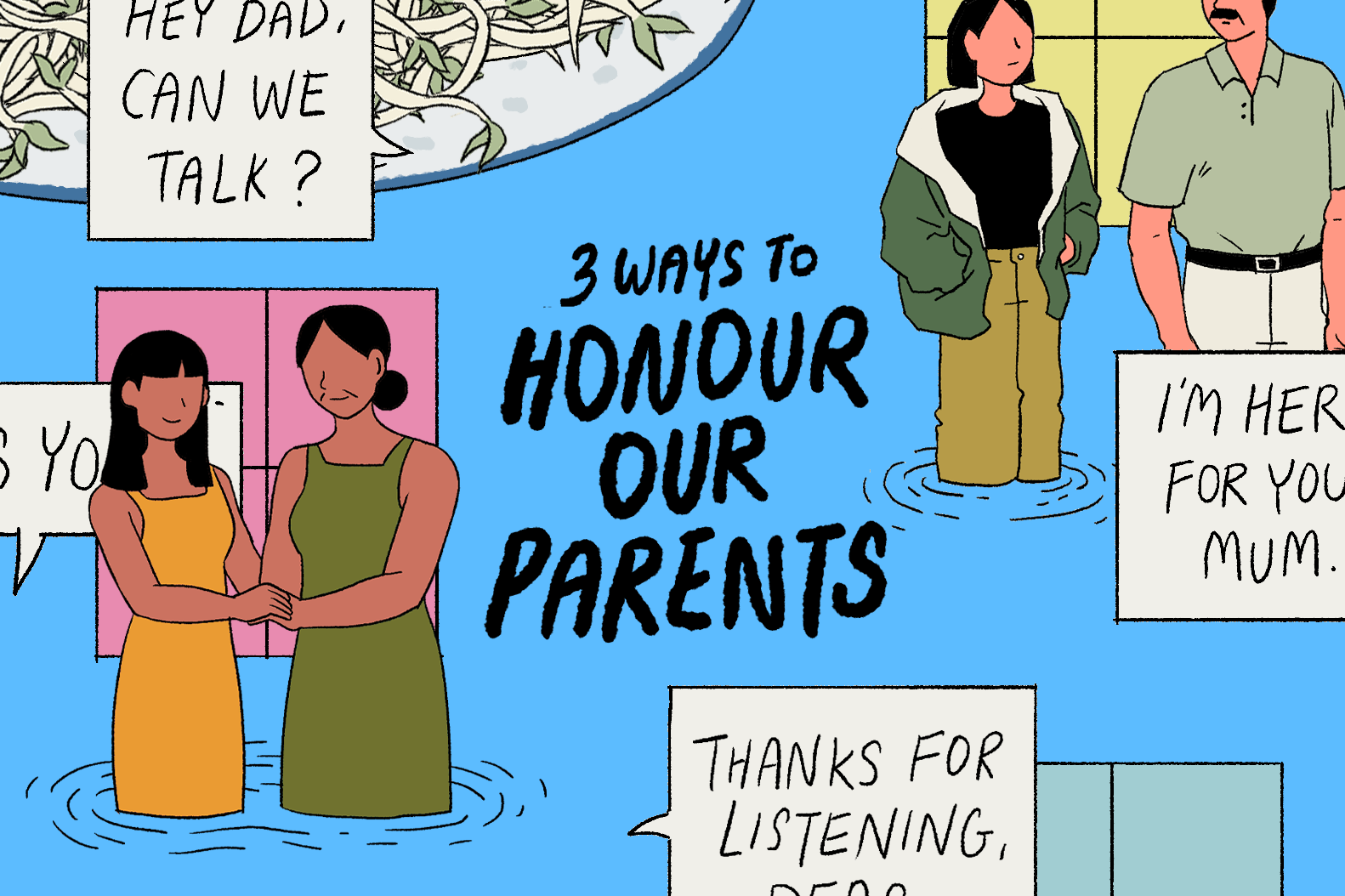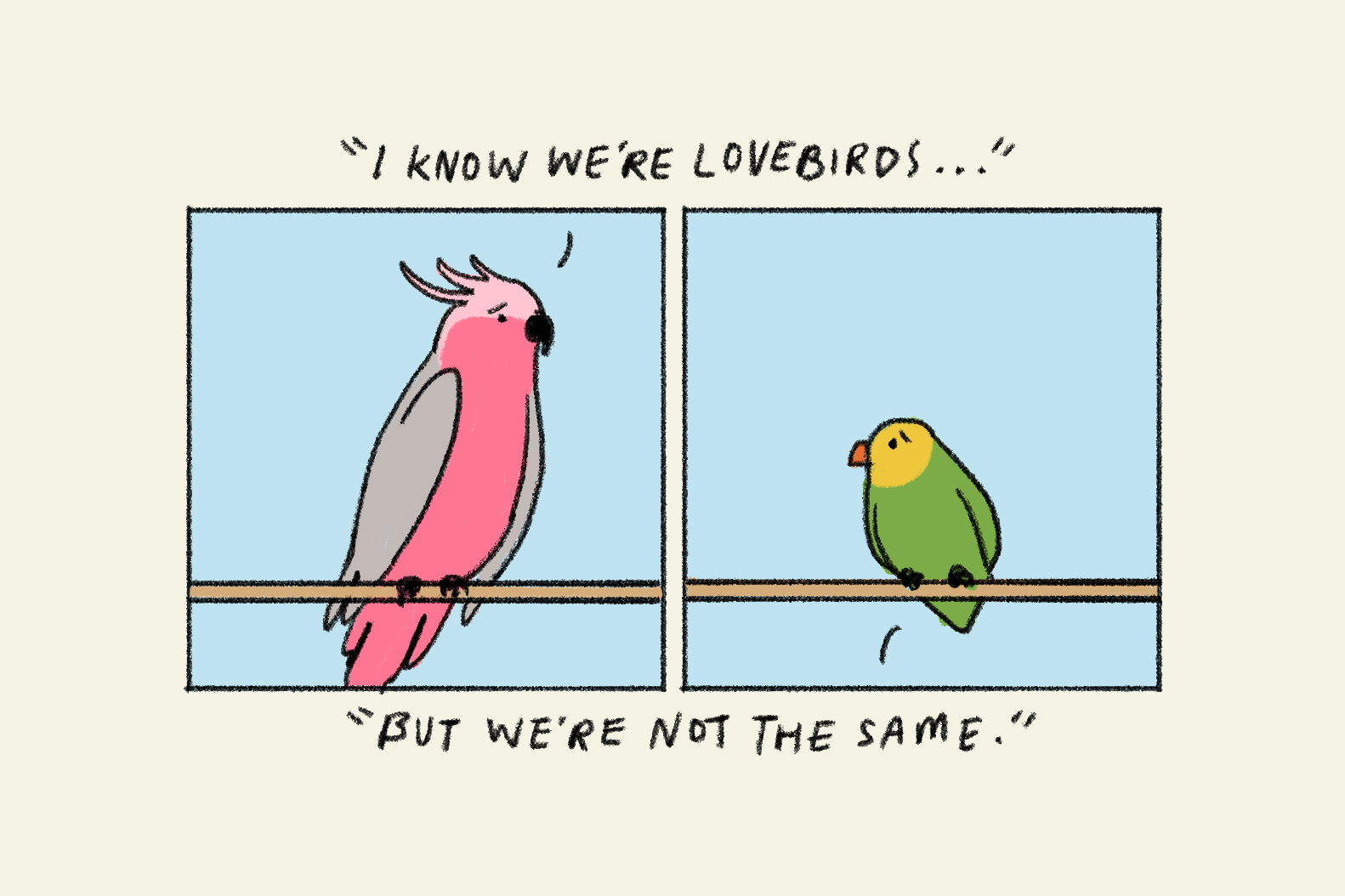Some time ago, I heard a church friend say that girls are dating guys outside of church because there simply aren’t enough Christian guys to go around.
Missionary dating is apparently what it’s called: Where a Christian dates a non-Christian in hopes to convert to him/her even though the Bible warns us not to be unequally yoked.
“Why do I penalise him just because he’s not a Christian?” my friend once asked me. “He is even more regular in attending services and cell groups than some of my cell group members.”
She made a good point. Calling yourself a Christian doesn’t necessarily mean you’re serious about the faith. But even then, is getting together with a lukewarm Christian really better than getting together with an enthusiastic pre-believer?
I know some people who converted because it was easier to give in to following their partner’s religion than to give up on the relationship. That’s a cause of concern to me, when a person comes into the faith because of their partner, and not because of God.
So for believers, is the unequally yoked problem automatically solved if the other party becomes a Christian? Or can a relationship be unequally yoked even if both parties share the same faith?
BEFORE YOU FALL IN LOVE
In Matthew 22:30, Jesus explicitly said that there won’t be marriage in heaven.
For the longest time, I have been asking myself why. If God instituted marital relationship before the Fall, then why remove it in the life to come?
But I recently discovered that the answer lies in the verses preceding the creation of Eve.
Then the LORD God took the man and placed him in the Garden of Eden to cultivate and keep it. And the LORD God commanded him, “You may eat freely from every tree of the garden, but you must not eat from the tree of the knowledge of good and evil; for in the day that you eat of it, you will surely die.” The LORD God also said, “It is not good for the man to be alone. I will make for him a suitable helper.” (Genesis 2:15-18)
If we read Genesis 2:18 in isolation, we will simply assume that God created Eve for companionship. But when we understand the context of the verse, we’ll realise that Eve was created to help Adam obey God’s commandments.
God saw that it was not good for Adam to be alone after giving him specific instructions. So God decided to make Adam a suitable helper.
Eve was created to help Adam obey God’s commandments.
So this is why there isn’t a need for spouses and marriage in the afterlife: Each believer will be made perfect (Philippians 1:6) in a perfect place (Revelations 21:4).
Of course, Eve also had other functions to fulfill – companionship and procreation for example. But the initial reason for her being was to help Adam obey God.
Understanding this has a huge impact on who we choose to get attached or married to. We see clearly why we shouldn’t get together with a non-believer: How would he fulfill the biblical purpose of marriage when he isn’t even a believer in the first place?
Keeping a biblical perspective of marriage also raises the bar for us: Will this person be a suitable helper for me? Will I be a suitable helper for him? Will he push me towards Christlikeness?
AN UPHILL JOURNEY IS HARDER
Some of us might want to counter-argue: If we are to help each other in our spiritual journey, then why can’t we help our partner – who is weaker in their faith – through the relationship?
And I think that was the mindset my friend had when she tried to justify her relationship with a pre-believer: It’s not like he isn’t trying. So why should I penalise him?
But she eventually broke up with the guy some time later, after she came to see why the relationship would never work out.
In retrospect, she shared an analogy with me: “There was this preacher who once got a volunteer on stage while he himself stepped down the stage. Then he asked the volunteer to hold his hand and pull him up. The volunteer tried but couldn’t. Then the preacher yanked the volunteer and pulled the volunteer down in one try.”
“When you’re unyoked, it’s easier for the person to pull you down than for you to pull the person up,” she concluded.
What she said made perfect sense. But, unfortunately, not many people want to face up to being unequally yoked until reality hits them.
By then it’s too late. They end up believing they have to stay on in the relationship – they cannot leave without any scars.

Understanding that human marriages don’t exist in heaven puts everything into perspective.
Isn’t it funny how many of us spend so much time and effort pining after something which won’t even exist in the life to come? Wouldn’t it be sad if we chased and attained our relationship goals at the expense of our eternity?
But while marriage doesn’t have a place in eternity, it does have eternal significance.
The question is: Will we make our choices based on this life, or with eternity as our perspective?
If you are to pick someone, choose one who can take care of you in this present age – but also prepare you for the age to come.









